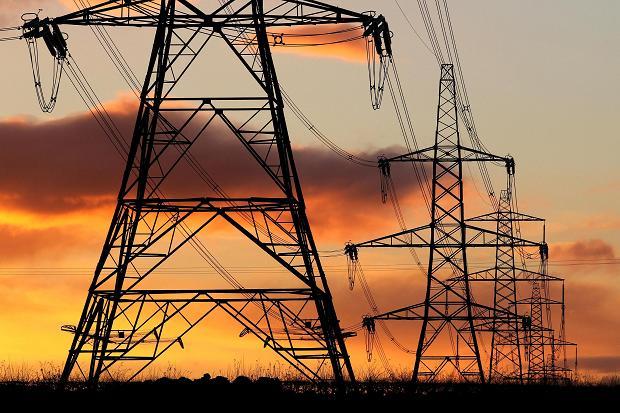- Tsaone Segaetsho
A new World Bank report has raised concerns over Botswana’s electricity access levels, noting that the country’s electrification rate falls below expectations given its relatively high per capita income.
Botswana, often cited as one of Sub-Saharan Africa’s most economically stable nations, has been identified as an outlier in the World Bank’s analysis of electricity access on the continent. Alongside Namibia and Equatorial Guinea, Botswana is among the countries whose energy access rates are significantly lower than what their income levels would predict.
Electrification Below Potential
According to the report, while the regional average electricity access rate stood at 43% in 2016, income-based projections suggested the rate should have reached 60%. Botswana’s access rate, although higher than the regional average, remains uneven. As of 2023, the country’s national electrification rate was estimated at 71%, with significant disparities between urban and rural areas.
Experts note that the gap in electricity access is not just a development issue, but a key economic risk. Limited access to reliable power continues to hinder productivity, constrain public service delivery, and slow progress in sectors targeted for diversification.
Impact on Economic Growth
Botswana’s longstanding reliance on diamond mining has prompted calls for economic diversification. However, experts warn that unreliable and uneven electricity supply is impeding progress in industries such as manufacturing, agribusiness, tourism, and digital services.
Small and medium-sized enterprises (SMEs), which make up the bulk of Botswana’s private sector, are particularly affected. High electricity tariffs, frequent power outages, and limited rural coverage have led many businesses to depend on costly diesel generators—reducing their competitiveness and growth potential.
In rural areas, poor electrification undermines agro-processing, digital infrastructure, and the delivery of essential services such as healthcare and education. Additionally, households and enterprises often resort to environmentally damaging alternatives such as charcoal and diesel, complicating Botswana’s climate commitments.
Lessons from the Region
The World Bank’s findings also draw attention to successful electrification efforts in other African nations. Ghana, for example, expanded household electricity access from 31% in 1993 to 78% by 2014, achieving an average growth of 2.3 percentage points per year. This was driven by public investment, policy reform, and private sector participation.
By comparison, Sub-Saharan Africa’s average annual increase in electricity access has been just 0.8 percentage points—far below the rate needed to meet the Sustainable Development Goal (SDG) of universal access by 2030.
Analysts suggest that Botswana could accelerate its electrification efforts by adopting a similarly integrated strategy combining investment, regulation, and private sector engagement.
Government Plans and Policy Outlook
Botswana’s Rural Electrification Programme and National Development Plan 11 both identify energy access as a national priority. However, industry observers argue that successful implementation will require greater urgency, improved financing mechanisms, and enhanced regulatory support.
Energy experts suggest that advancing electricity access in Botswana will require a multifaceted approach. One key area is infrastructure investment, specifically the expansion of the national grid and the upgrading of transmission systems to ensure that underserved regions are effectively reached. In addition, Botswana’s abundant solar resources present a significant opportunity for renewable energy development, particularly through the deployment of mini-grids and home solar systems to electrify remote communities.
The role of the private sector is also seen as crucial. Experts recommend the creation of targeted incentives for independent power producers (IPPs), alongside efforts to streamline regulatory processes that currently hinder clean energy investments. Furthermore, reforming the Botswana Power Corporation (BPC) is considered essential. Enhancing the utility’s financial stability and operational efficiency is expected to improve service delivery and bolster investor confidence in the sector.
Outlook
With electricity recognised as a driver of inclusive growth and industrial competitiveness, analysts agree that Botswana’s electrification challenge must be addressed to realise its broader economic goals. As African countries ramp up industrialisation and digitalisation, ensuring reliable and equitable access to electricity is becoming a critical enabler of national development.
Achieving near-universal electricity access by 2030, experts say, is not only a viable target for Botswana, but is a necessary one.










